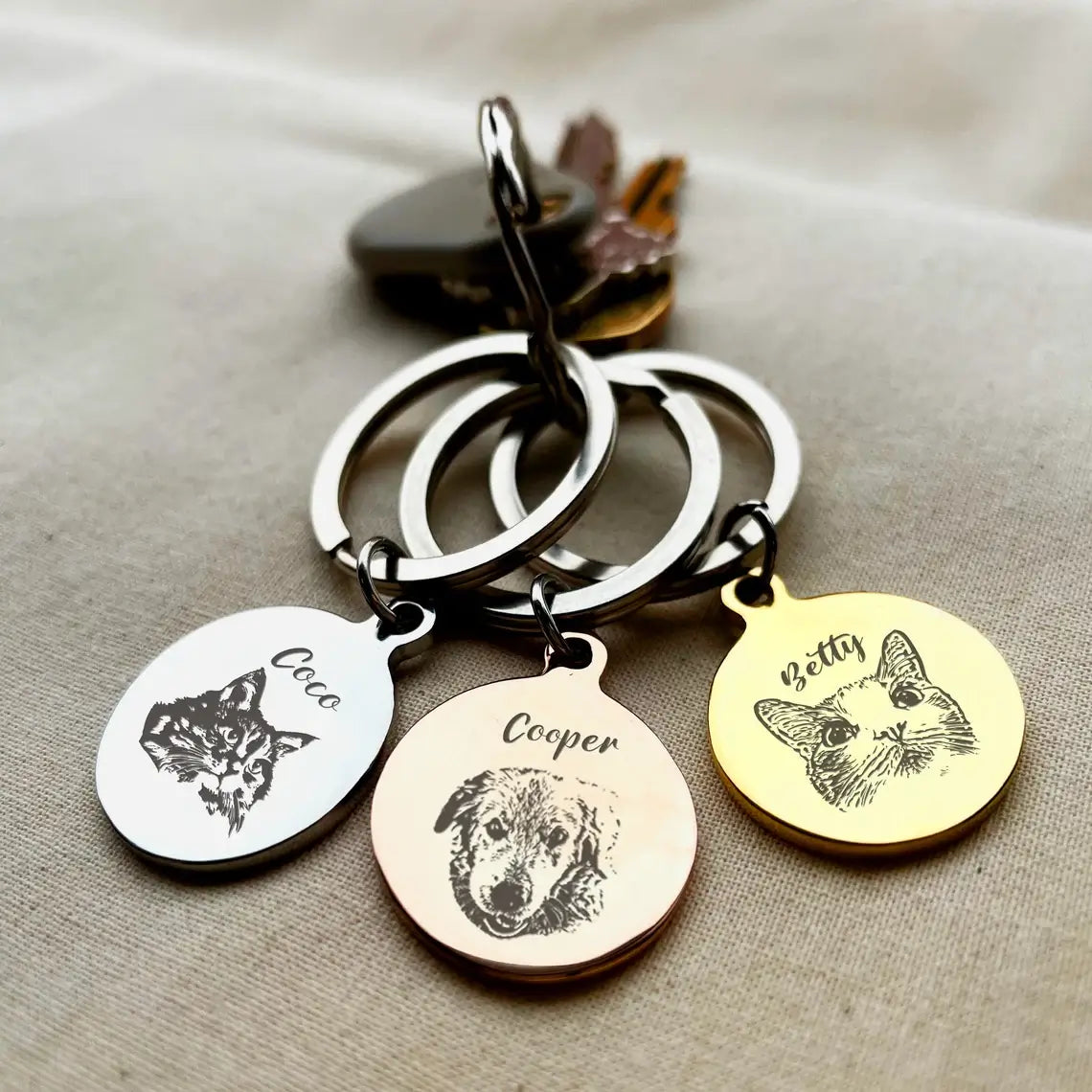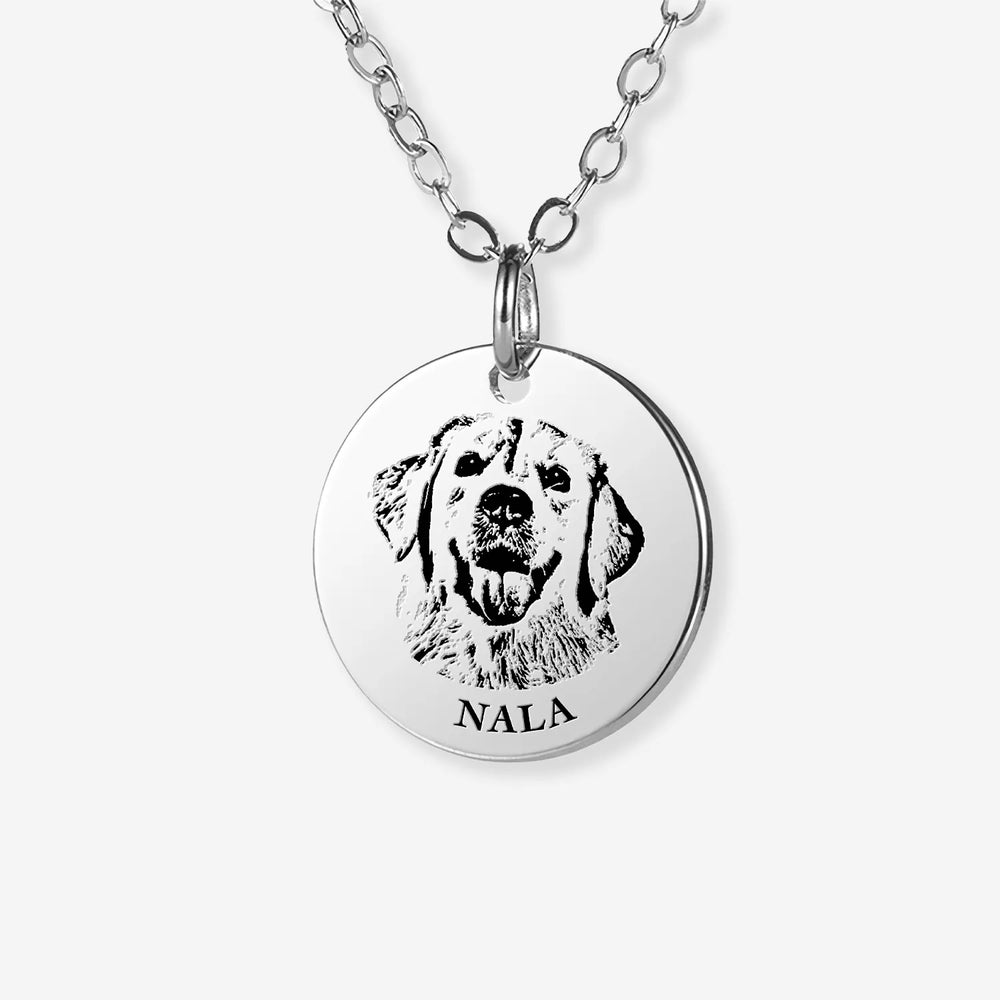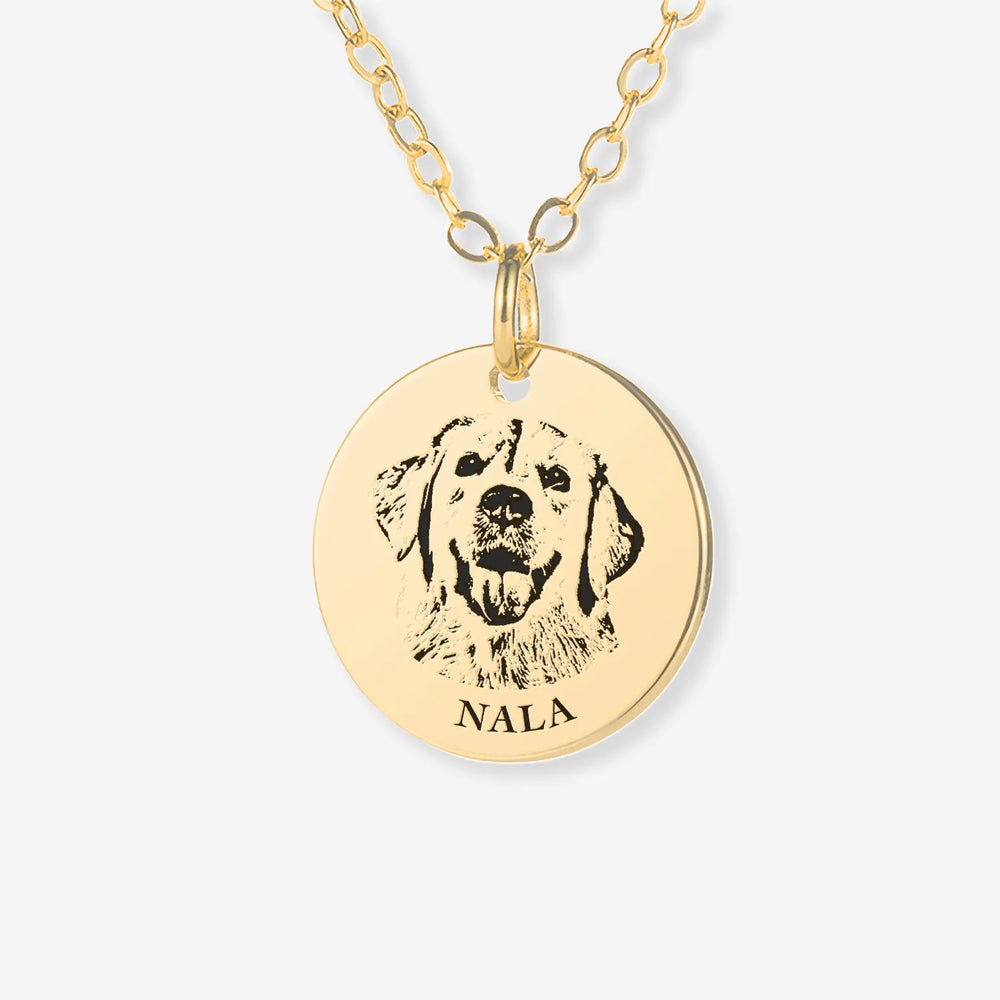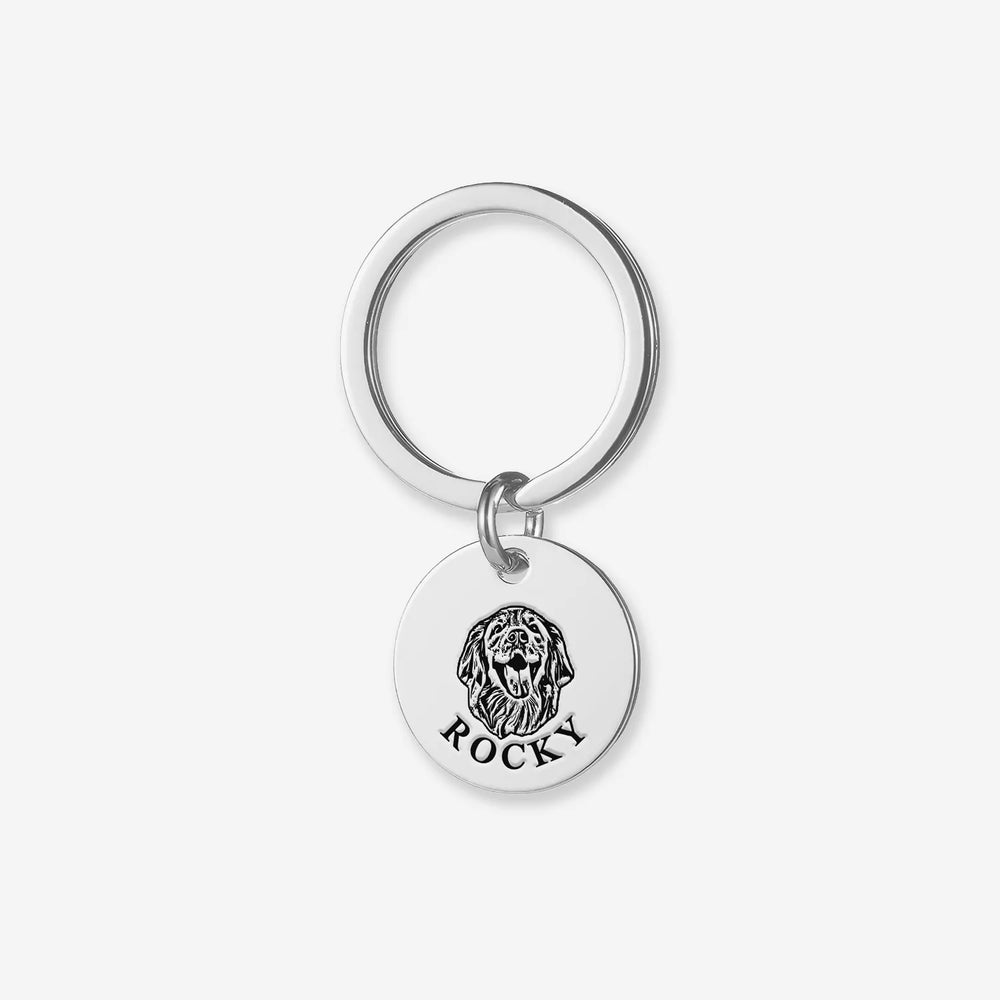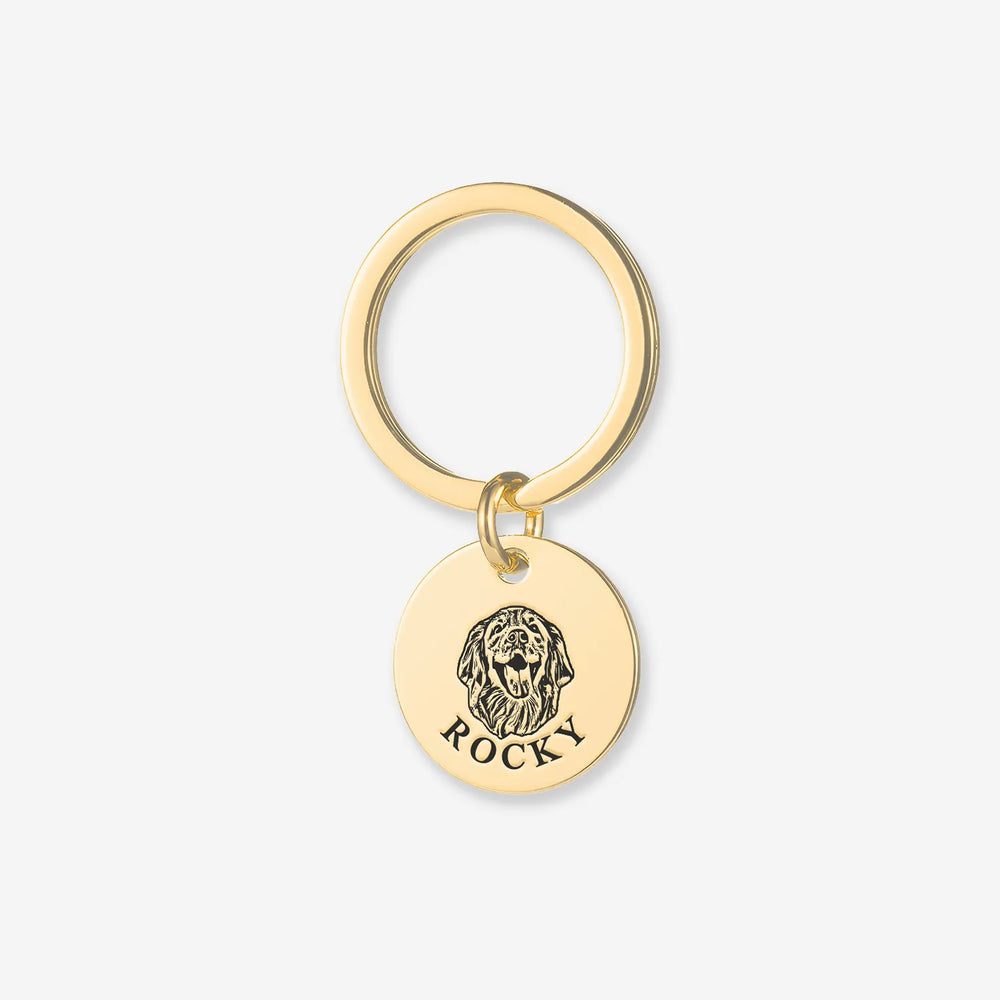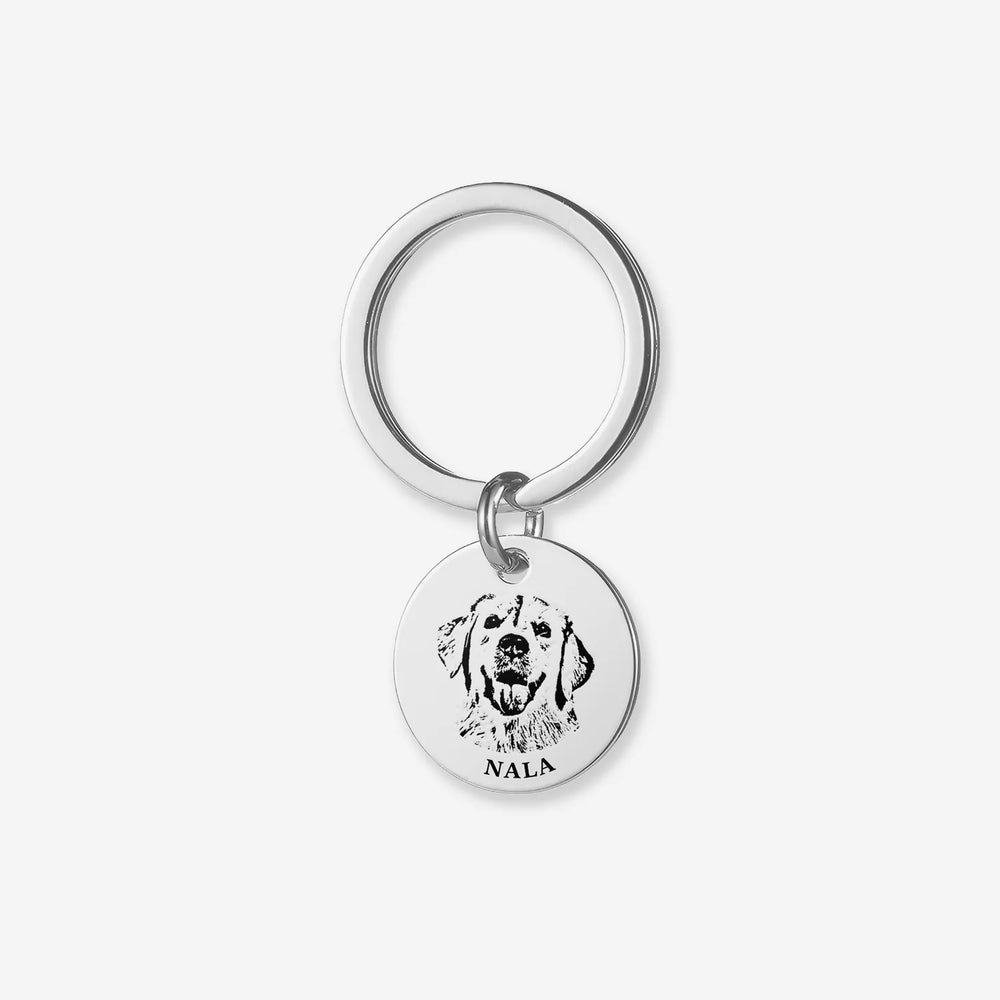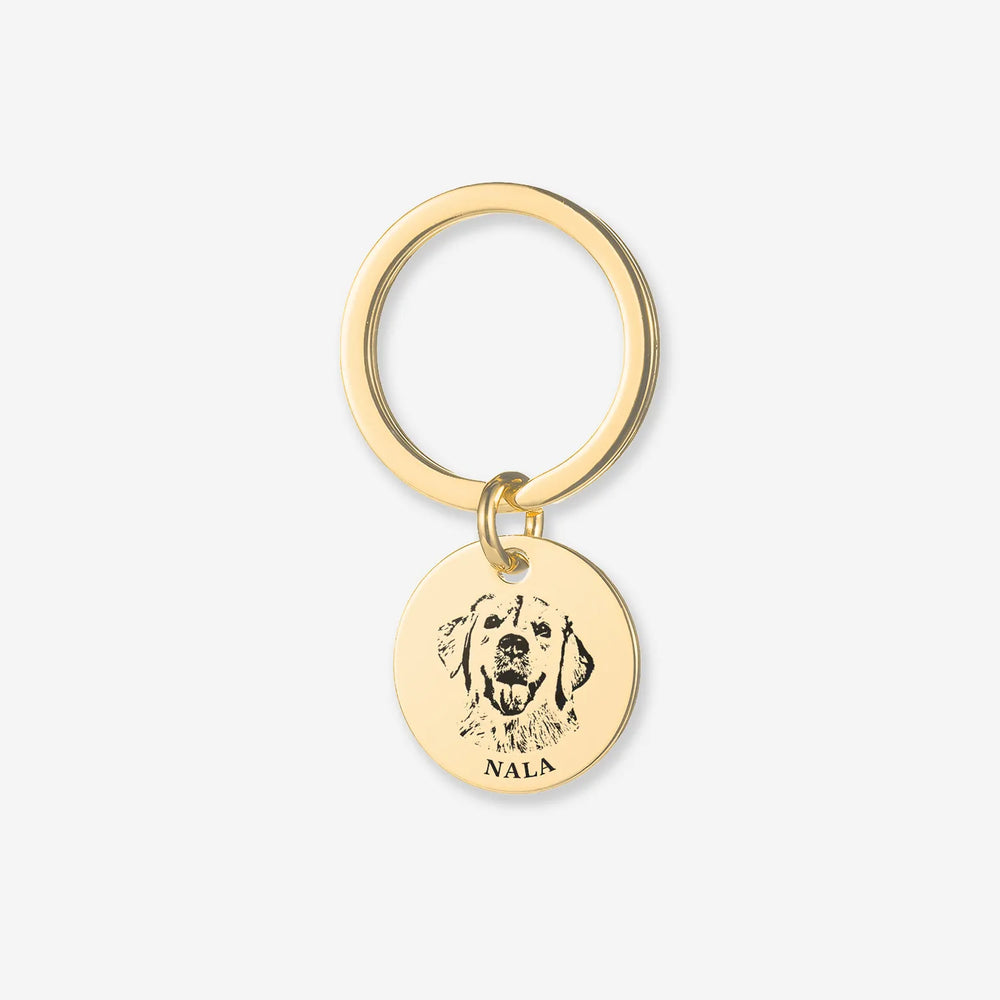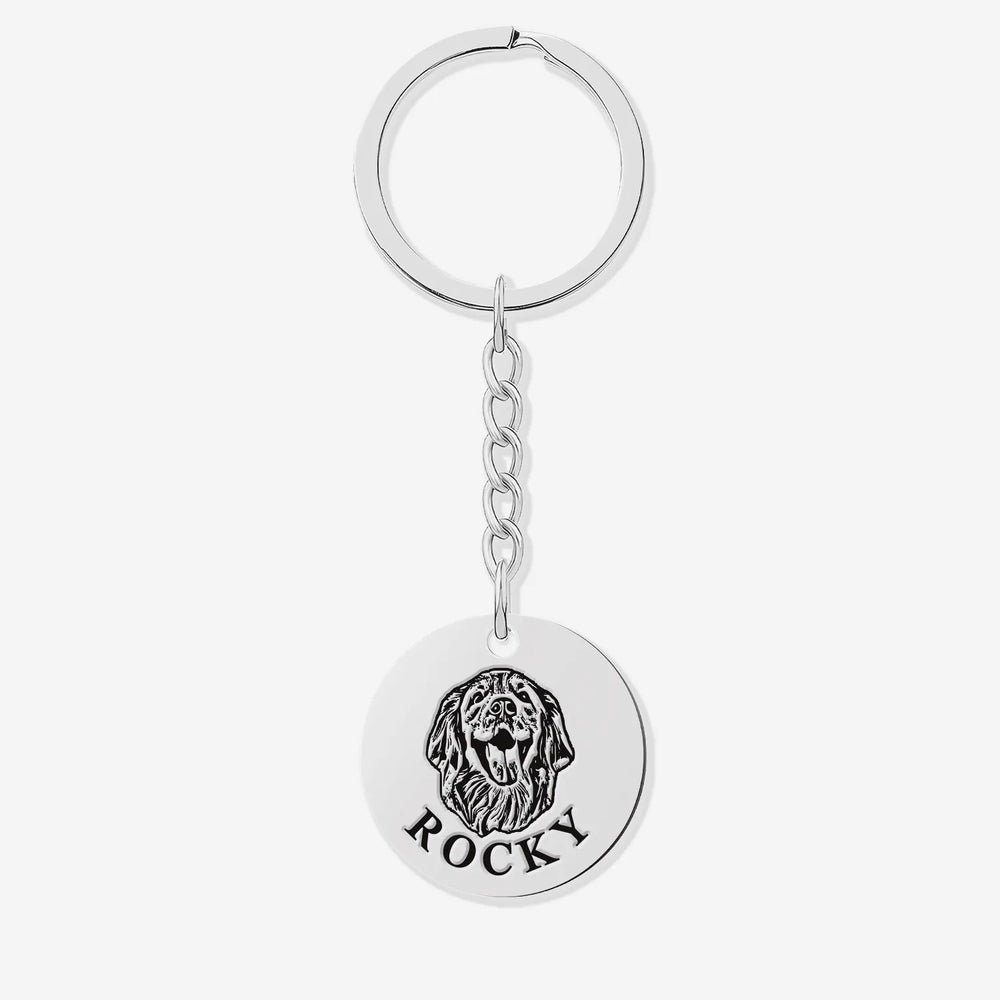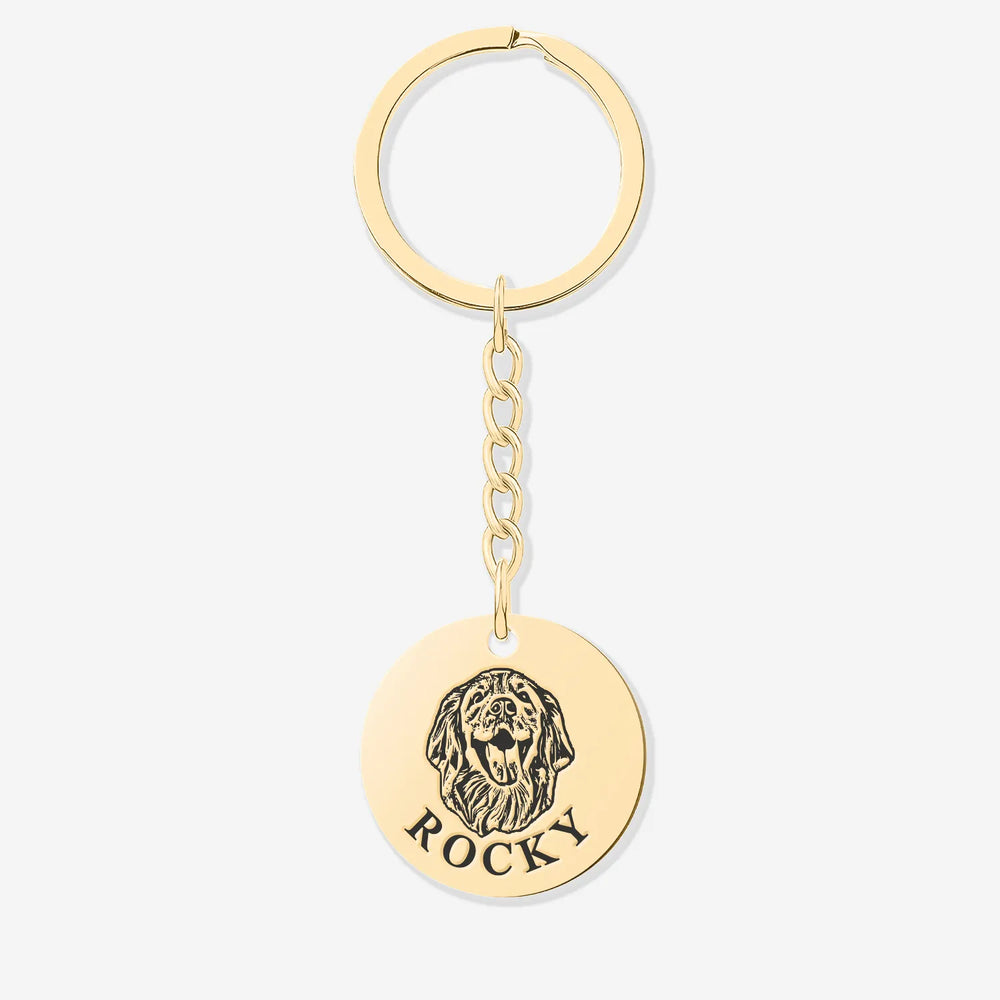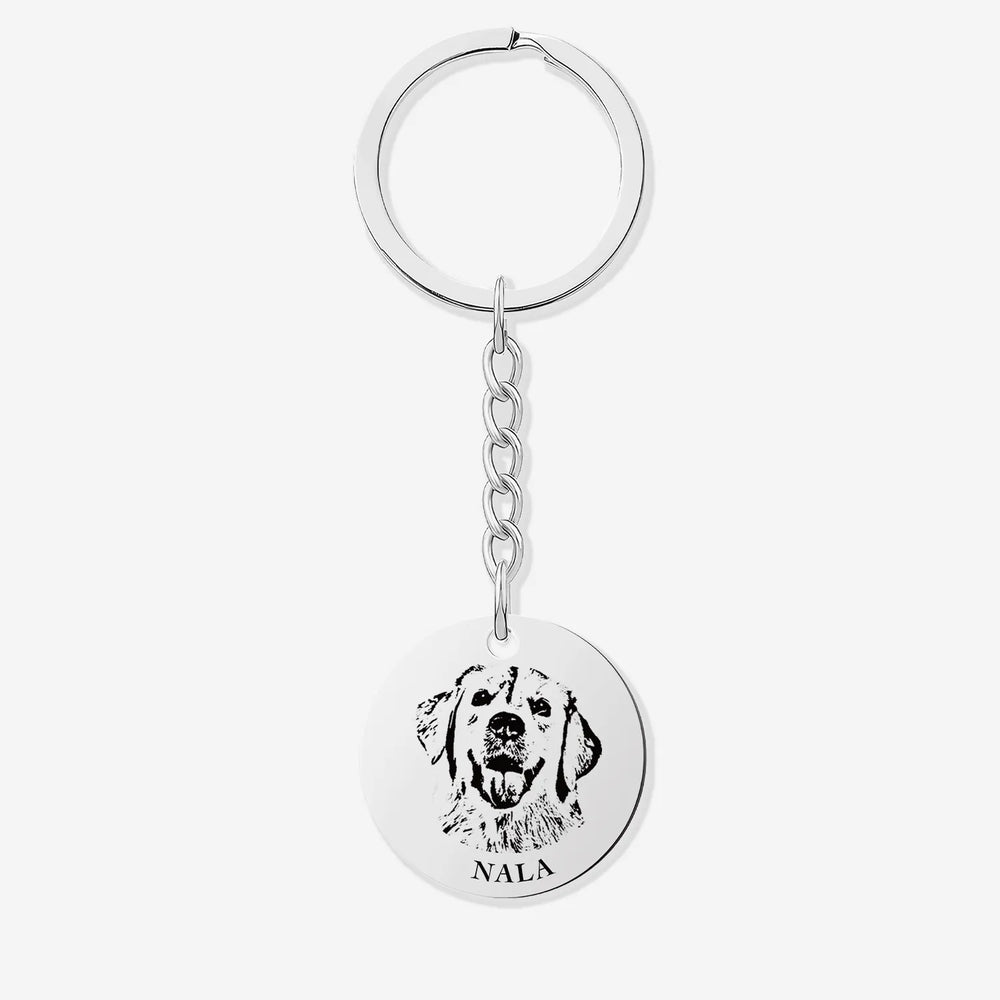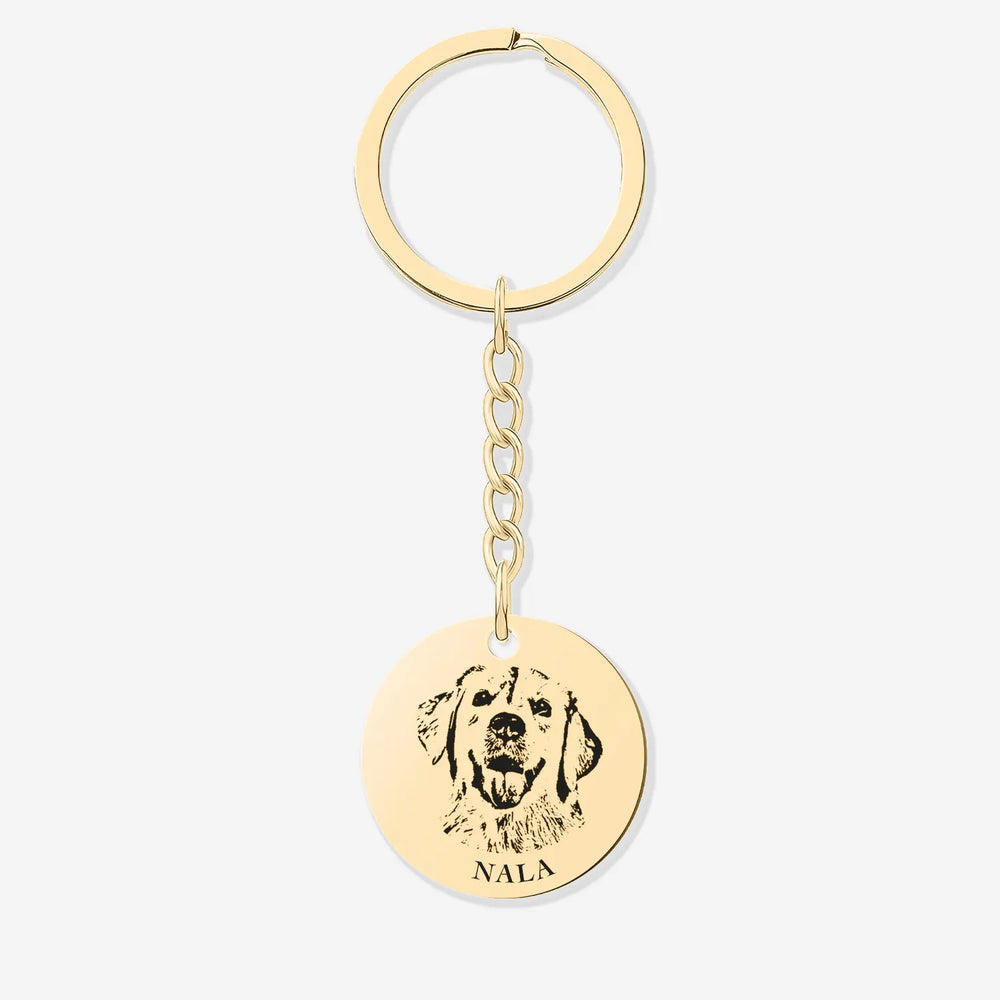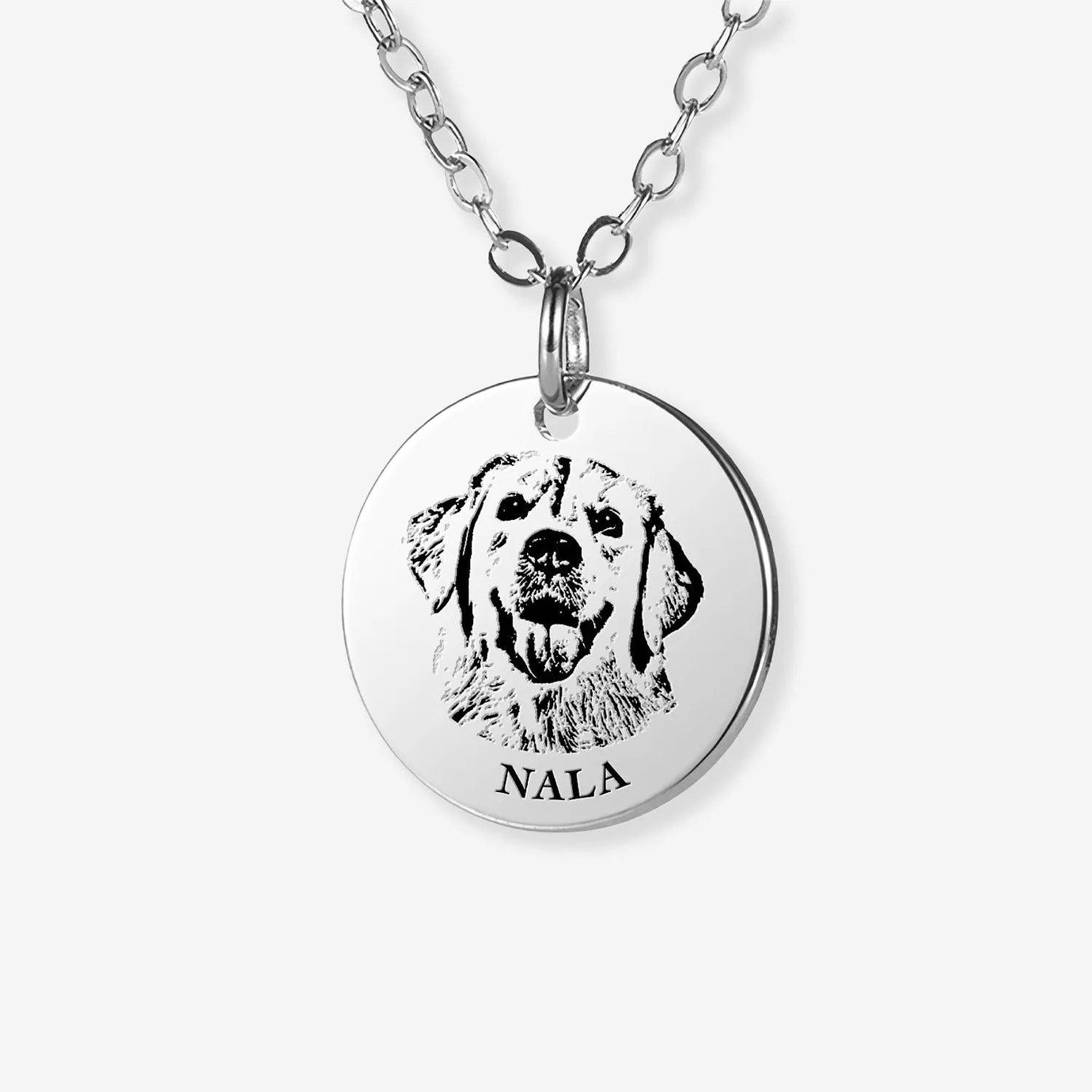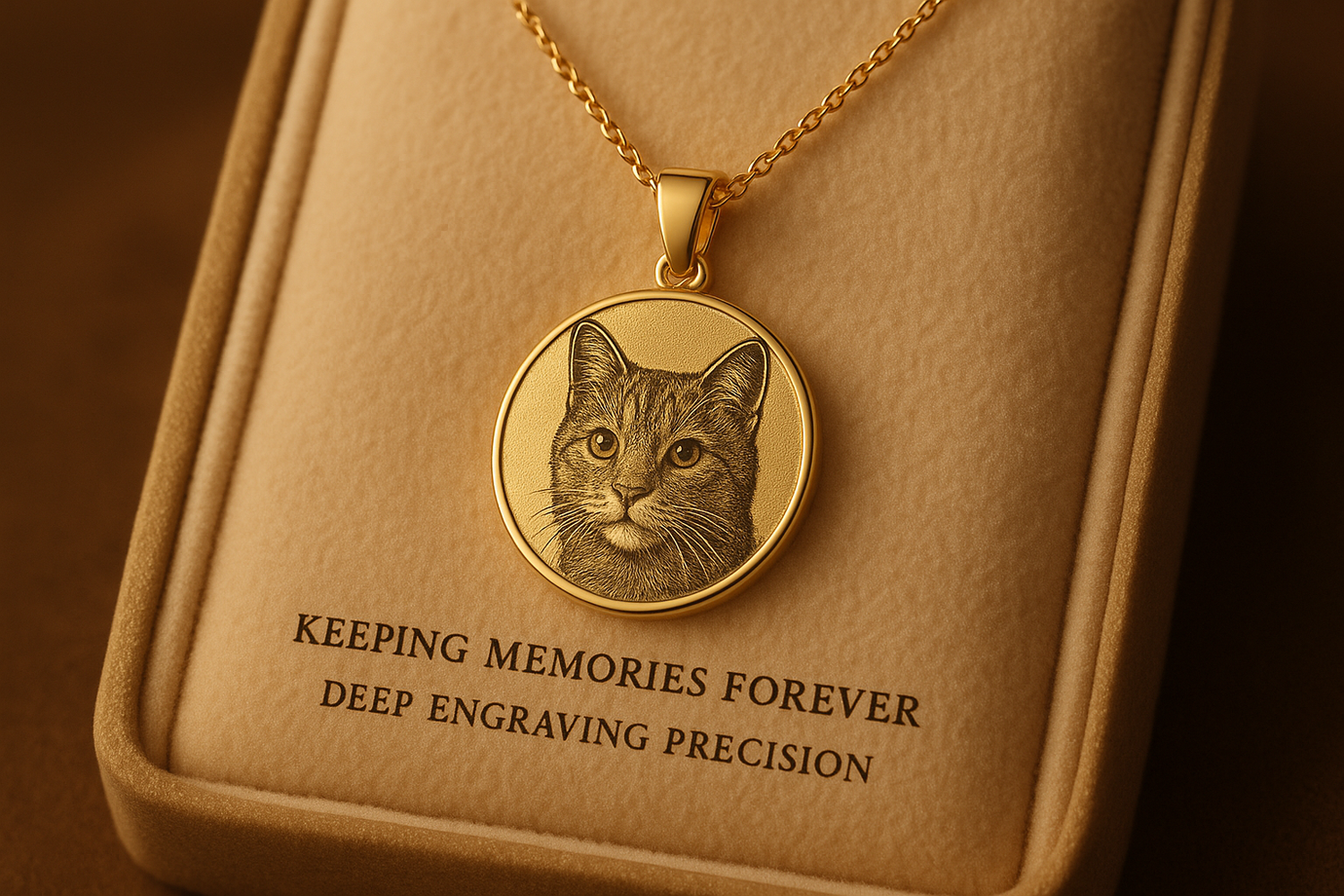Buy One, Get One FREE
Signs Your Cat is Dying: What to Watch For
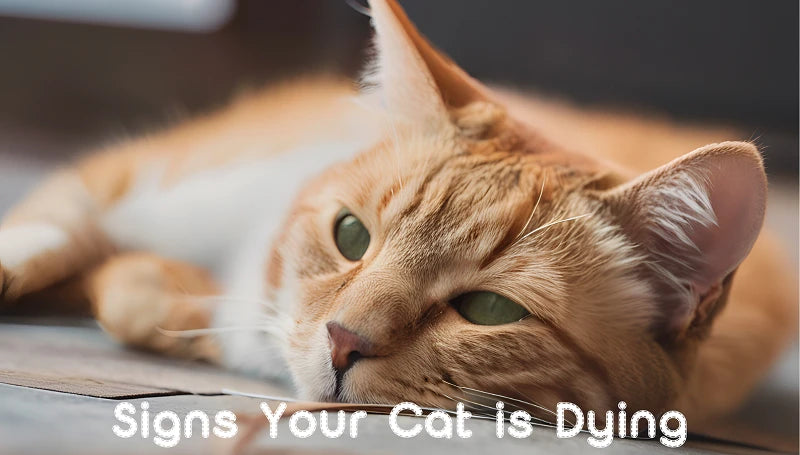
Recognizing the Signs Your Cat is Dying
As cats age or face health issues, they may display certain signs indicating they are nearing the end. Common signs your cat is dying include shock, difficulty breathing, lowered body temperature, weak pulse, dilated pupils, and lack of response to light. Among these, shock often occurs first and may lead to severe complications like disseminated intravascular coagulation (DIC), which disrupts the blood flow to vital organs.

When blood circulation fails, organs like the brain, heart, and kidneys may suffer irreversible damage. This can ultimately lead to death. If you observe these signs your cat is dying, immediate veterinary attention is crucial.
Signs Your Cat is Dying of Old Age
As cats grow older, their bodily functions decline, leading to age-related conditions like feline cognitive dysfunction (FCD). This disorder, similar to Alzheimer’s in humans, affects memory, learning ability, and sensory perception. Studies show that 55% of cats aged 11-15 suffer from FCD, and 80% of cats aged 16-20 are affected.
Signs your cat is dying of old age include confusion, disorientation, and changes in behavior, such as wandering aimlessly or forgetting the location of food and litter boxes. Sleep patterns may also shift, with cats sleeping more during the day and roaming at night. Creating a stable, stress-free environment helps reduce anxiety during this time.
How Long Does It Take for a Cat to Die Naturally?

The process of dying varies depending on the cat's health. For some, it can take days, while others may decline over weeks. The question of how long it takes for a cat to die naturally depends largely on their condition.
As death approaches, you may notice increased vocalization, confusion, or lethargy. Cats may stop grooming themselves, appearing unkempt and withdrawn. If your cat is showing these signs, consult a vet to ensure their comfort during this period.
Common Behavioral Signs in a Dying Cat
-
Increased Vocalization: Cats may meow or howl more, often due to disorientation or hearing loss.
-
Disrupted Sleep: Older cats may reverse their sleep patterns, sleeping more during the day and staying active at night.
-
Disorientation: Cats might seem confused or lost in familiar surroundings.
-
Inappropriate Elimination: Difficulty locating the litter box or joint pain may lead to accidents outside the box.
-
Personality Changes: A once affectionate cat might become distant, or a previously aloof cat may seek more attention.
-
Lethargy and Loss of Appetite: Cats nearing death often eat less and become less active.
-
Increased Aggression: Loss of sensory abilities can make older cats more easily startled and defensive.
Providing Comfort in Their Final Days

During your cat’s final days, focus on making them as comfortable as possible. Keep their environment calm and accessible, with easy access to food, water, and litter boxes. Consulting with your vet can help manage any pain or discomfort they might experience.
In conclusion, being aware of the signs your cat is dying allows you to provide the care and comfort they need. Whether due to old age or illness, recognizing the symptoms early ensures a peaceful transition for your beloved pet.
